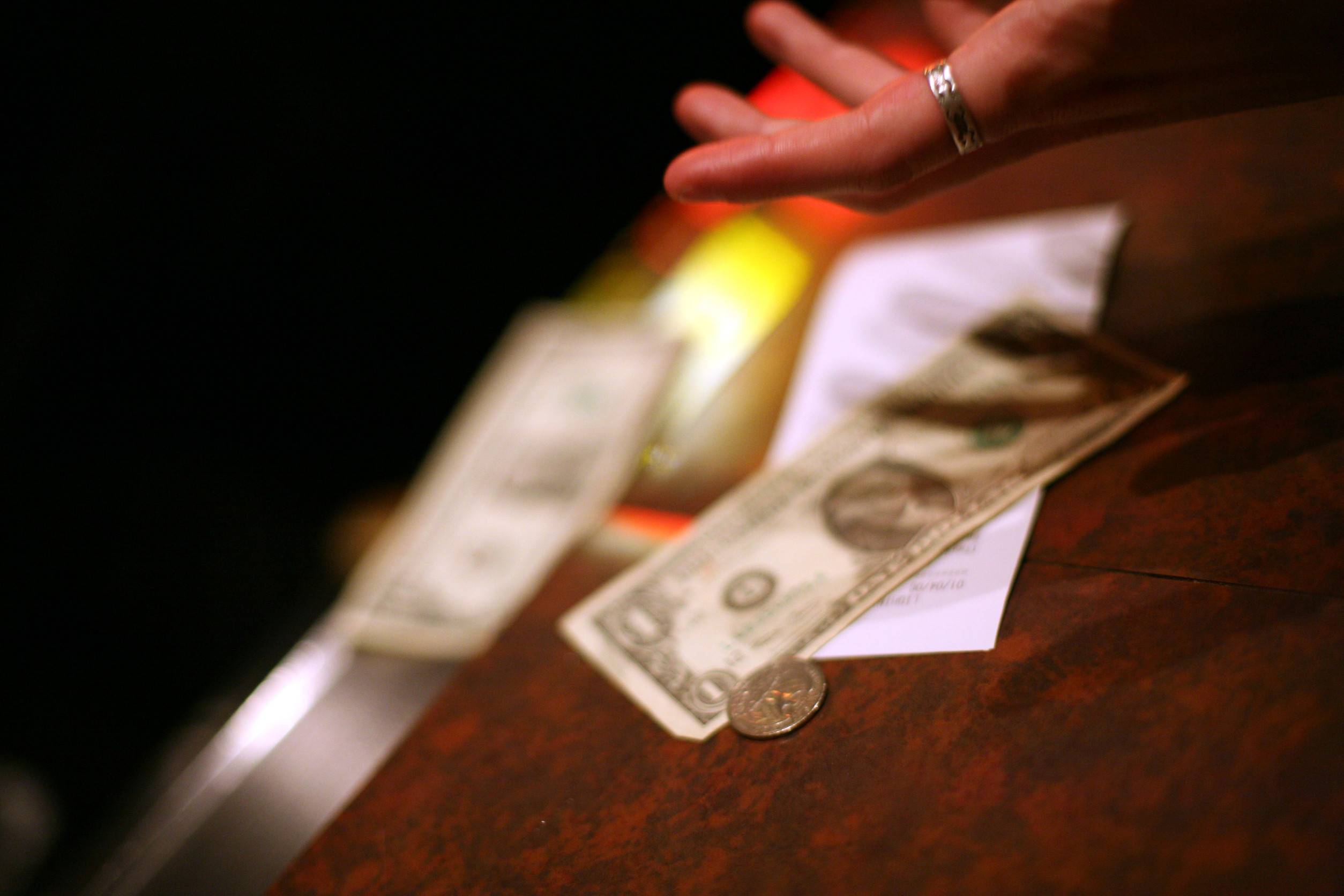
Money doesn’t disappear overnight—it leaks out of your life through tiny, sneaky habits you don’t even realize you have. While everyone talks about avoiding debt, skipping lattes, and living on a budget, there are subtler behaviors that quietly chip away at your bank account. These obscure financial habits don’t seem like a big deal in the moment, but over time they’re like slow-dripping faucets draining your wealth.
The worst part? Most people never notice until it’s too late. Let’s uncover 10 of these odd little habits that keep people stuck in the “always broke” cycle.
1. Ignoring Tiny Subscription Charges
It starts with a free trial you forgot to cancel, then piles up with music, streaming, meal kits, or cloud storage. The amounts seem harmless—just $5.99 here, $9.99 there—but they add up to hundreds annually. Because the charges are small and recurring, they often fly under the radar on bank statements. People think, “It’s not worth canceling,” but that’s exactly why these habits are so costly. What you don’t track can quietly keep you poorer.
2. Falling for “Buy Now, Pay Later” Temptations
Buy Now, Pay Later (BNPL) apps make shopping feel painless—you’re only paying a fraction now! But the truth is, those micro-installments encourage overspending on things you didn’t need in the first place. Missing a payment leads to fees and potential credit hits, turning a cute sweater into a long-term headache. Even if you pay on time, splitting small costs tricks your brain into thinking you’re not really spending. That illusion keeps your bank balance perpetually thin.
3. Over-Tipping Out of Guilt
We all want to be generous, but tipping guilt can quickly become a hidden budget-buster. Ordering takeout? Suddenly you’ve tipped 30% because the app suggested it. Calling a rideshare? Another oversized tip to avoid looking “cheap.” While tipping workers fairly is important, going overboard every single time chips away at your savings without you noticing. Being thoughtful with tips is better than being reckless out of guilt.
4. Hoarding Rewards Points Instead of Using Them
Loyalty points sound like free money, but they lose value if you don’t spend them. Inflation, policy changes, or blackout dates often shrink what your points are worth. Many people brag about “saving points for a big trip,” only to find out their stash covers less than half the cost a year later. By hoarding instead of redeeming strategically, they actually waste value. Sitting on points isn’t saving—it’s silently losing.
5. Avoiding Price Comparisons
A lot of people don’t bother to check prices between stores, apps, or websites. They assume it’s not worth the time for a couple of dollars’ difference. But those small gaps accumulate across groceries, gadgets, and everyday items. Retailers bank on your laziness to avoid competition shopping. Skipping price checks is like donating your money straight into corporate pockets.
6. Relying Too Much on Convenience Purchases
From food delivery to same-day shipping, convenience is addictive—and expensive. What seems like “just a few bucks extra” adds up when it’s happening multiple times a week. Paying delivery fees and tips instead of cooking at home quietly drains hundreds each month. People convince themselves it’s about saving time, but often it’s simply habit. The hidden cost of convenience keeps wallets thinner than most realize.
7. Buying Cheap Items That Don’t Last
There’s a difference between frugal and cheap—and cheap almost always costs more long-term. Whether it’s low-quality shoes, appliances, or clothing, cheap items break quickly and need replacing. Instead of saving money, you spend more replacing them over and over again. Meanwhile, higher-quality investments could’ve lasted years. Chasing “the cheapest option” is a quiet path to staying broke.
8. Forgetting to Cancel Free Trials
Companies count on one thing: you forgetting to cancel after the free trial. That $0 offer morphs into $19.99 a month while you’re too busy to notice. Even when people spot the charge, many keep paying out of laziness instead of dealing with customer service. This procrastination habit quietly snowballs into hundreds wasted annually. Free trials aren’t free if you don’t set reminders.
9. Emotional Spending as “Stress Relief”
A rough day at work, a fight with a partner, or even boredom can trigger impulse buys. Emotional spending feels good in the moment—retail therapy is real—but it almost always leads to regret. Buying random items to soothe your mood doesn’t fix problems, it just creates financial ones. Many people justify it with “I deserved this,” but repeat that often enough and your wallet will scream louder than your stress. Long-term happiness doesn’t live in shopping carts.

10. Ignoring Small Bank or Credit Fees
That $2 ATM fee? The $12 “account maintenance” charge? They may look like minor inconveniences, but collectively they eat away at savings. Banks thrive on customers ignoring these little hits. By not setting up free ATMs, avoiding overdrafts, or moving to a fee-free account, people essentially hand money over every month. Over years, these small fees equal vacations, investments, or emergency funds lost. Ignoring them guarantees staying poorer longer.
Tiny Habits, Big Damage
It’s not always the huge mistakes—like maxing out credit cards or taking bad loans—that keep people broke. More often, it’s the sneaky, obscure habits that fly under the radar. Ignoring free trials, leaning on convenience, or overspending emotionally slowly bleeds your finances dry. The good news? Becoming aware of these traps is the first step to stopping them.
Have you noticed any obscure money habits that drained your wallet? Share your stories, tips, or advice in the comments below—we’d love to hear from you!
You May Also Like…
8 Shocking Ways Rich vs. Poor Spend Money Differently
Could A Luxury Car Actually Make You Poorer Than a Used One?
7 Financial Traps Hiding in Everyday Subscriptions
Why Do Rich People Seem to Save More While Spending More?
How Subscription Boxes Lock Shoppers Into Spending Hundreds a Year
The post 10 Obscure Financial Habits That Make People Poorer appeared first on Everybody Loves Your Money.







